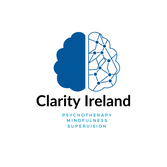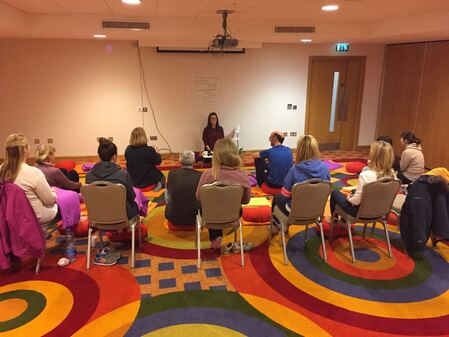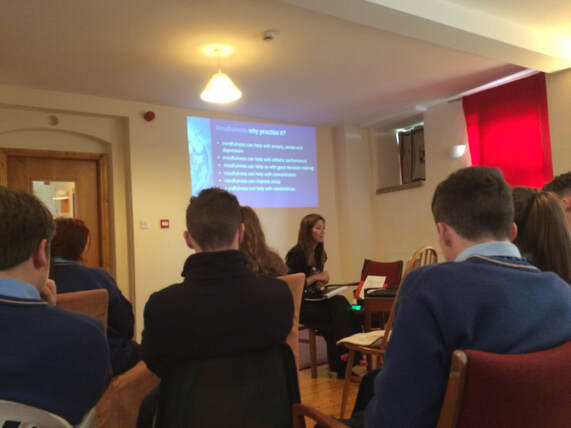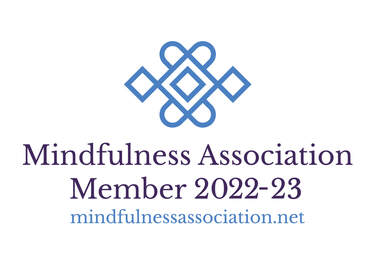Mindfulness Classes and Psychotherapy in Ireland
What is Mindfulness?
"Rather than being consumed by worries about the future or preoccupations with the past, living fully in the present moment is an art form that liberates the mind to relieve mental sufferings" (Dan Siegel) |
Mindfulness in the words of Jon Kabat-Zinn PhD is “The awareness that emerges through paying attention on purpose, in the present moment, and non-judgmentally to the unfolding of experience moment by moment”. It can be developed through systematic training and promotes a way of being that helps us take better care of ourselves and others, and to lead healthier lives. It enables us to access inner resources for coping effectively with stress, difficulty and illness. It has nothing to do with ceasing to have thoughts, but it is a learned capacity of not getting sucked in the thinking process. It is to know what is happening while it is happening, without preference (Rob Nairn) so we can be present to whatever life brings us and learn to respond rather than react. A mindful person is more likely to be more effective in the world than someone whose mind is scattered and distracted. The basis for many psychological suffering is related to not understanding the many forces that are at play in our minds. Mindfulness allows us to understand why we feel and behave the way we do because by staying in the present with awareness, a natural process of inner learning and discovery arises. |
How Does Mindfulness Work?
This video is an in-depth explanation about how mindfulness work from the most renowned mindfulness teacher in the west, Jon Kabat-Zinn PhD who is also the founding Executive Director of the Center for Mindfulness in Medicine, Health Care, and Society at the University of Massachusetts Medical School. He is also the founding director of its renowned Stress Reduction Clinic and Professor of Medicine emeritus at the University of Massachusetts Medical School.
What are the benefits of practising Mindfulness?
People may choose to learn mindfulness for various reasons, including:
- Stress reduction: Mindfulness practices can help individuals manage stress and develop healthier coping mechanisms. By cultivating present-moment awareness, mindfulness allows individuals to observe their thoughts and emotions without judgment, leading to a greater sense of calm and relaxation.
- Emotional well-being: Mindfulness can help individuals develop a healthier relationship with their emotions. By cultivating non-reactivity and acceptance, mindfulness practices can enhance emotional regulation and resilience, allowing individuals to navigate challenging emotions more effectively.
- Improved focus and concentration: Mindfulness practices involve training the mind to stay focused on the present moment. This can enhance concentration and attention span, leading to improved productivity and performance in various areas of life.
- Relationship enhancement: Mindfulness can improve interpersonal relationships by promoting empathy, compassion, and active listening. By being fully present and attuned to others, individuals can foster deeper connections and enhance their communication skills.
- Self-discovery and personal growth: Mindfulness practices provide an opportunity for self-exploration and self-reflection. By developing a greater awareness of one's thoughts, emotions, and patterns of behavior, individuals can gain insight into their inner world and make positive changes for personal growth.
- Physical health benefits: Research suggests that mindfulness practices may have various physical health benefits, including reduced blood pressure, improved sleep quality, and enhanced immune function.
Overall, learning mindfulness offers individuals the opportunity to cultivate a deeper sense of self-awareness, inner peace, and overall well-being in their lives.






